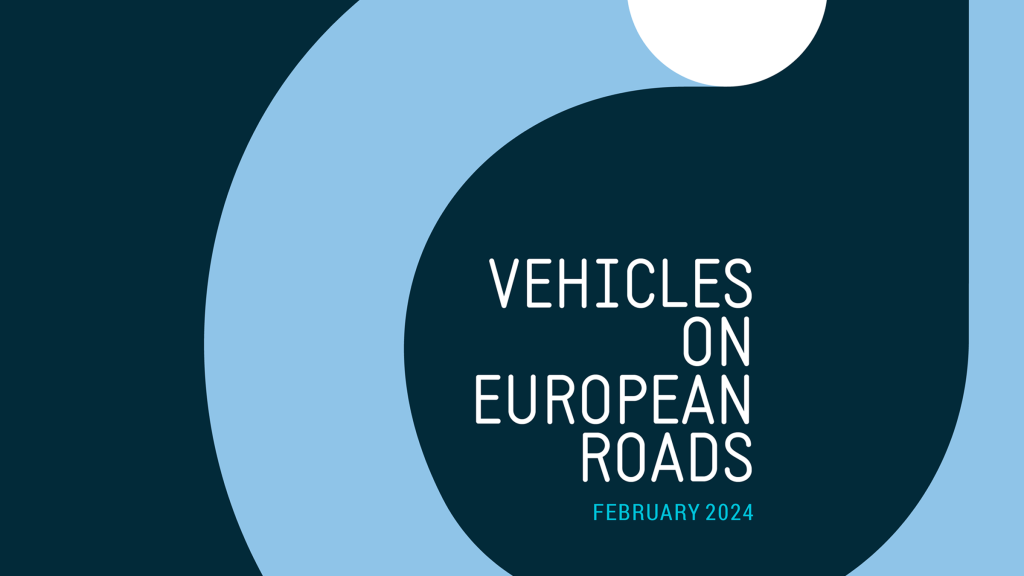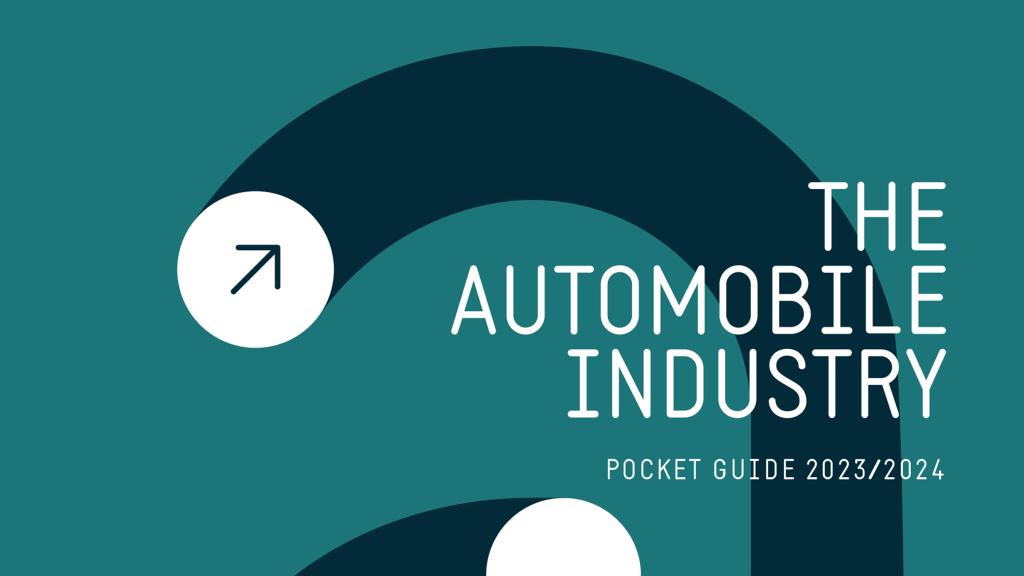Fuel types of new cars: battery electric 12.1%, hybrid 22.6% and petrol 36.4% market share full-year 2022
Brussels, 1 February 2022 – In 2022, registrations of new battery electric vehicles (BEVs) continued to grow, despite the overall decline of the EU car market.
In 2022, registrations of new battery electric vehicles (BEVs) continued to grow, despite the overall decline of the EU car market. As a result, market share of BEVs expanded to 12.1%, a 3.0-percentage-point improvement compared to 2021. It was a strong year also for hybrid cars, which achieved a market share of 22.6%. By contrast, traditional petrol and diesel fuel-types continued to lose ground. However, combined, they still accounted for more than half of EU car sales in 2022.
Petrol and diesel cars
Petrol car sales posted a 4.1% growth during the fourth quarter of 2022. All the four key markets contributed to this improvement, especially Italy (+17.4%) and France (+3.5%). Despite that, petrol’s market share dropped to 32.5%, from 35.5% in the same period in 2021.
By contrast, diesel recorded a slight decline in the last three months of the year (-0.4%), while its market share fell to 14.4%, against 16.4% in the fourth quarter of 2021. As a result, full-year diesel car registrations went down by 19.7% to 1.5 million units, with a market share of 16.4% – 3.1 percentage points less than in 2021.
Alternatively-powered vehicles (APV)
From October to December, EU registrations of new battery electric cars expanded by 31.6% to 406,890 units, as most of the region’s markets recorded growth. Germany led the way with 198,293 units and an increase of 66.1%, followed by France which increased by 12.6% to 62,155 units. After a weak third quarter, EU plug-in hybrid car sales saw a strong rise (+29.5%) in the last quarter of 2022, bolstered by a 73.5% increase in Germany, which alone represented more than half of the region’s registrations in this category. This helped the full-year result to move into positive territory, with a 1.2% growth.
Hybrid electric vehicles (HEVs) totalled 545,316 units registered in the EU from October to December last year (an increase of 22.2% compared to the same period in 2021), making them the second best-selling fuel type. This led to an overall increase of 8.6% over the full year, and a market share of 22.6%.
The EU market for natural gas vehicles (NGVs) witnessed substantial declines during the last three months of 2022 (-56.6%), as sales Italy – the region’s largest market for this fuel type – plunged by 71.3%. LPG-fuelled vehicles, on the other hand, grew by 16.7% from October to December last year.
Alternatively-powered vehicles (APVs) accounted for more than a half (53.1%) of the EU car market during the last quarter of the year, with over 1.3 million cars registered in total. On a quarterly basis, this is the first time that APVs surpass traditional petrol and diesel fuel-types.
Alternatively-powered vehicles (APVs) accounted for more than a half (53.1%) of the EU car market during the last quarter of the year, with over 1.3 million cars registered in total.
Downloads
About ACEA
- The European Automobile Manufacturers’ Association (ACEA) represents the 15 major Europe-based car, van, truck and bus makers: BMW Group, DAF Trucks, Daimler Truck, Ferrari, Ford of Europe, Honda Motor Europe, Hyundai Motor Europe, Iveco Group, JLR, Mercedes-Benz, Nissan, Renault Group, Toyota Motor Europe, Volkswagen Group, and Volvo Group
- Visit www.acea.auto for more information about ACEA, and follow us on www.twitter.com/ACEA_auto or www.linkedin.com/company/ACEA/
- Contact: Francesca Piazza, Senior Statistics Manager, fp@acea.auto
Interested in ACEA press releases?
Receive them directly in your inbox!
About the EU automobile industry
- 12.9 million Europeans work in the automotive sector
- 8.3% of all manufacturing jobs in the EU
- €392.2 billion in tax revenue for European governments
- €101.9 billion trade surplus for the European Union
- Over 7% of EU GDP generated by the auto industry
- €59.1 billion in R&D spending annually, 31% of EU total



